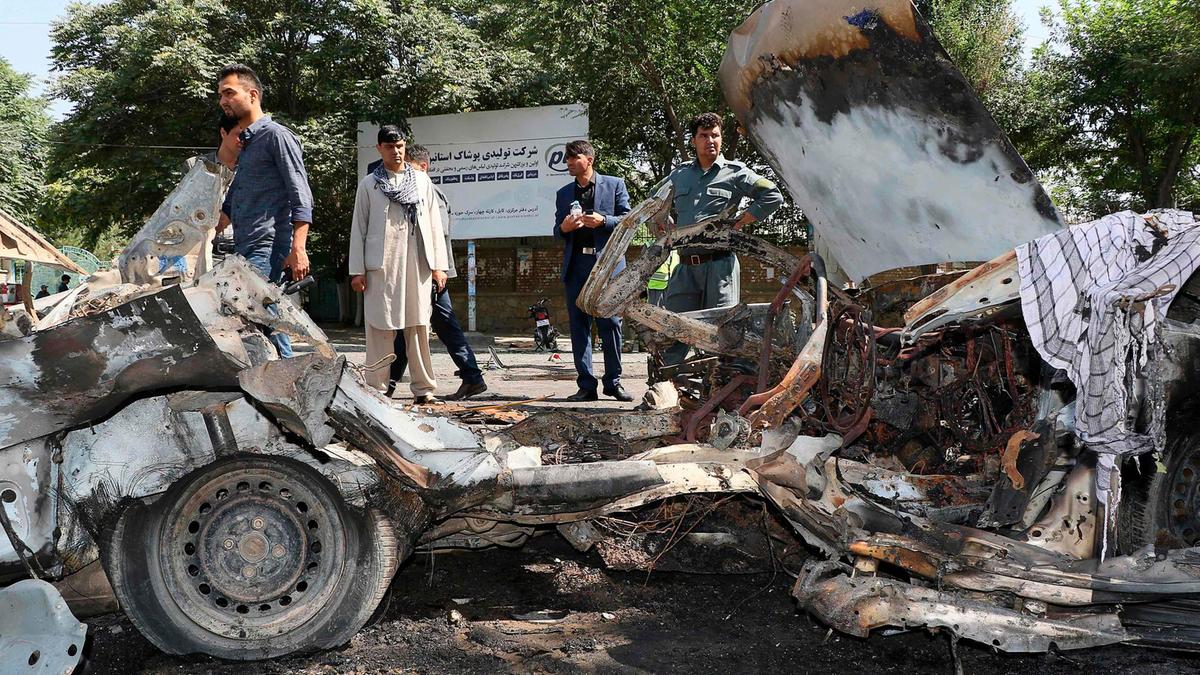An investigation by Afghanistan’s spy agency this month led to the arrest of four ISIS recruiters, three of whom were teachers at the country’s largest university, raising questions about the ability of extremists to operate in the capital and recruit from the country’s young students.
Of the three suspects, Mubashir Muslimyar was a lecturer, while Zahir Daee and Mohammad Maroof Rasikh were teachers of religious studies at Kabul University, the National Directorate of Security (NDS) said in a statement on July 8.
The suspected insurgent recruiters were detained in Kabul and are believed to have played a role in a spate of recent attacks in the Afghan capital, including against a bus carrying civil servants on June 4 and the September bombings of a wrestling club in which 21 people died.
Beyond their involvement in organising attacks, the NDS investigation raises questions about their efforts to radicalise and recruit students.
The teachers’ alleged activities became known after former students of Mr Muslimyar were detained following the aforementioned attacks and identified him as a recruiter.
One 24-year-old graduate who studied Information and Communication Technology under Mr Muslimyar in 2014 told The National that his former lecturer had exhorted students to “join jihad against the infidel government.”
“He often started debates in the class against the government,” said the former student, who asked to remain anonymous. “He used to tell us that this government is made up of pagans and is against Islam.”
Students complained about Mr Muslimyar’s views but the faculty never took action, the graduate said.
In a now-deleted tweet, a woman who said she had been a student of Mr Muslimyar claimed he had been opposed to co-education and had deducted marks from female students who wore Western-style clothing.
The woman declined to comment further when contacted by The National but said she had deleted the tweet after receiving threats.
Following the arrests, security officials and academics say they are concerned about radicalisation of youth on university campuses.
“Teachers and religious scholars who support jihadist groups hold a lot of influence over the community,” a security official close to the investigation told The National on condition of anonymity. “Young students in their care are exposed to harmful ideologies when they are extremely vulnerable and can be manipulated to do something wrong.”
Read full story on The National UAE
